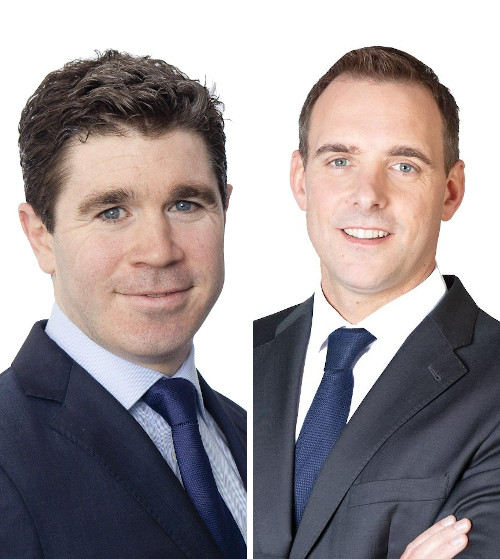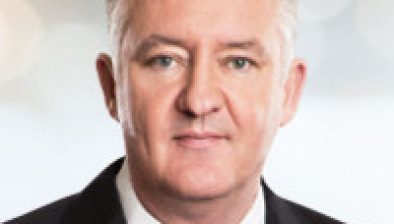Analysis: UK High Court blows the whistle on civil liability for negligent sports injuries

Derek Hegarty and Craig Sowman
William Fry partners Derek Hegarty and Craig Sowman examine an English case concerning the rules on civil liability in negligence for serious injuries relating to professional footballers.
Fulham Football Club successfully appealed an earlier ruling that found the club vicariously liable for a tackle made by one of its players during a competitive match.
The facts
In December 2016, during a football match between the under-18 teams of Fulham Football Club and Swansea City Football Club, Swansea player Mr Jones, was tackled by Fulham player Mr Harris. This tackle resulted in Mr Jones suffering a career-ending injury.
Mr Jones took proceedings against Fulham, as Mr Harris’ employer, alleging they were vicariously liable for his negligent tackle or assault. The assault claim was dismissed, but Fulham was found vicariously liable for the negligent act of Mr Harris in tackling Mr Jones. Fulham appealed.
The appeal
Fulham advanced four grounds of appeal before the High Court, all of which were successful. Those grounds and the Court’s findings were as follows:
-
The Court found that the first instance judge failed to apply the correct test for civil liability for personal injury claims in a professional sporting context. The Court referred to the earlier UK decision of Caldwell v Maguire & Fitzgerald [2001] EWCA CIV 1054, which held that civil liability for personal injury claims in a professional sporting context requires more than a finding that the rules of the game have been breached. This will only be established in exceptional cases. By aligning “serious foul play” as defined in the laws of the game with actionable negligence, the Recorder “wrongly reduced the ambit of the inquiry required in order to answer the question of whether, in all the circumstances, Mr Harris’s tackle was not only a breach of the Rules of Game but negligent”.
-
Fulham argued that the Recorder failed to take into account the context and realities of the playing culture of professional football, which is a fast-paced and physical game. The Court agreed that it could not look at the question of negligence in sport in a vacuum. By analysing the tackle in a vacuum and applying hindsight, the Court found that the Recorder had purported to set a standard for recklessness or quasi-reckless behaviour in professional football far lower than what is needed to establish liability.
-
The Court found that the Recorder erred in law in affording no weight to the fact that the referee did not award a foul. It held that the Recorder failed to have any regard to important policy considerations that require a court to have regard to the officials’ decisions who are tasked with administering the rules of the game. Although not definitive, the fact that an official decides not to take action, as occurred here, must be engaged with by the court in determining whether actionable negligence has occurred.
-
The final ground of appeal, on which Fulham also succeeded, was that the Recorder failed in his duty to give reasons for rejecting Fulham’s expert evidence.
Conclusion
As all four grounds of appeal succeeded, the Court set aside the Recorder’s judgment and ordered a new trial.
The judgment illustrates that the English courts will not lightly impose liability for personal injury claims in a professional sporting context, even where the injury is career-ending. Although such litigation before the Irish courts is relatively uncommon, the judgment may be of persuasive value in future cases involving allegations or reckless or dangerous conduct in contact sports.
Interested parties should note this judgment demonstrates (i) a mere breach of sporting rules (which in respect of the rules of football the court noted are not drafted with civil liability in mind) was not deemed to equate to negligence; and (ii) a Plaintiff in a similar negligence claim before the Irish courts would most likely have to satisfy a similarly high threshold before vicarious liability would be imposed on a sporting organisation for the actions of its players.
![]()
- Derek Hegarty and Craig Sowman are partners at William Fry LLP.








